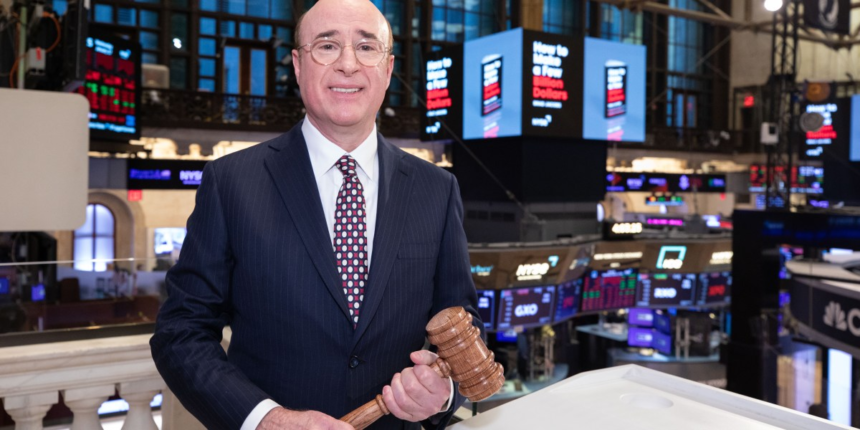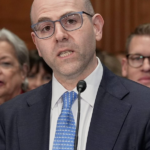Good morning. Quarterly earnings reports are a headache. There’s the hassle of getting the 10-Q together, updating financial data that may or may not be indicative of a company’s long-term potential or financial health. Analysts pepper you with questions; shareholders react. No wonder so many CEOs prefer to stay private.
But what do CEOs think? I’ve heard many complain over the years but when pressed, most appreciate the discipline and transparency that come with quarterly filings. As one CEO put it to me yesterday: “It imposes an internal rigor and accountability, too.”
For QXO chairman and CEO Brad Jacobs, who has taken several companies public, it’s part of the package. As he told me earlier this year, before stepping up to ring the bell of the New York Stock Exchange for the ninth time, the 10-Q reinforces the credibility and transparency that comes with being public. “You get a report card every 90 days,” he told me. “You have thousands of people voting with their wallet on how they think you’re doing … and every day you get tons of people giving you advice about how to improve the business.”
Do earnings encourage short-term thinking? Maybe, for short-sighted leaders and investors. But private companies often carry a risk premium because they don’t have to disclose to the same extent as their public brethren. With greater access to capital comes great responsibility to tell shareholders what you are doing with their money.









